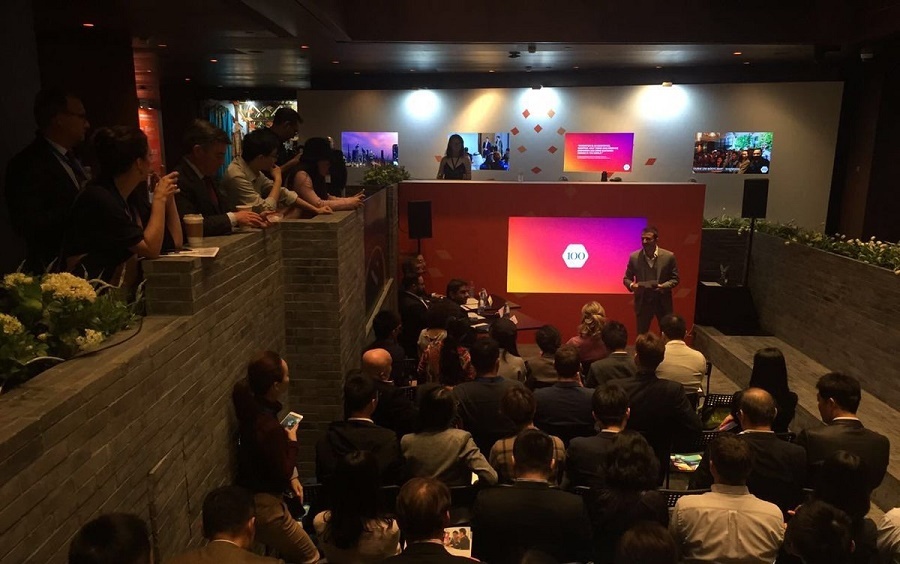China calls for Dubai 100 health tech backer

With its fast growing healthcare market and rapidly ageing population, China is proving to be a match for Dubai-based Dubai 100.
The pre-accelerator runs a 100-day program for early-stage health tech startups and the last stop on a list of activities this year was a program in Shanghai, following the graduation of its first six startups this summer.
The Shanghai leg worked with eight startups from all over China, and finished last week with an intensive bootcamp and a pitch competition.
Beijing-based Mo Doo, which has invented a non-invasive fetal heart monitoring device, won the $10,000 top prize and a seat on the next Dubai 100 cohort, kicking off in January 2017 in Dubai. Two other commended teams were offered places in the Dubai program too.
“All of the participating founders were an incredibly high caliber with bright futures ahead,” said Roland Daher, head of Dubai 100.

China meets the Middle East
China is an appealing market for healthcare businesses.
One example is their aging population: it’s estimated the number of people over 80 years old with rise to120 million, by 2050. Investment in China’s healthcare sector is correspondingly large; spending is projected to grow from $357 billion in 2011 to $1 trillion by 2020.
Additionally, China’s interest in venture capital is growing. Government-backed venture funds raised about 1.5 trillion yuan (US$231 billion) and the number of overseas mergers and acquisitions are increasing.
As a result, Daher said being close to China was a strategic move to ensure Dubai 100’s network was global.
“You’re close to a massive market, an impressive talent pool and a big investment hub.” he said. "That would allow Dubai to be the bridge between China and the rest of the world, in digital health.”
Going global
Creating local programs with global reach is becoming more common, and Dubai 100 is following in the footsteps of projects such as Startup Chile, and Startup Health in the US.
The Argentinian OTTA Project (One Touch Talk Assistive), founded by brothers Hector and Carlos Costa, was one global startup that participated in Dubai 100’s initial cohort.
They have a platform that curates nearly 3,000 images to allow people with disorders like autism, or cerebral palsy, to communicate, and want to gain exposure outside their home country where healthcare budgets for congenital disorders is low.
Dubai as a health hub
Dubai is working on its image as a medical tourism destination. An EY report this year predicted that healthcare spending in the GCC would grow massively, and by 2020 be worth $69 billion.
Furthermore, startups are being developed to cash in on that market. Ninety percent of the startups that participated in the Wamda Research Lab healthtech report published in May were created in the last five years.
But the desire to bring global startups to Dubai indicates there still isn’t the level of innovation available in the city to really change the healthcare status quo.
“It’s like building any ecosystem, eventually it only gets built from within […] you need to catalyse it somehow," said Daher.
Interest in digital health investment is growing regionally. The recently launched fund Hikma Ventures is making sizeable investments already, albeit into US companies.
Dubai 100 are currently recruiting for the January 2017 cohort. Interested startups can apply here.
Feature image: the closing competition of Dubai 100 in China via Dubai 100


